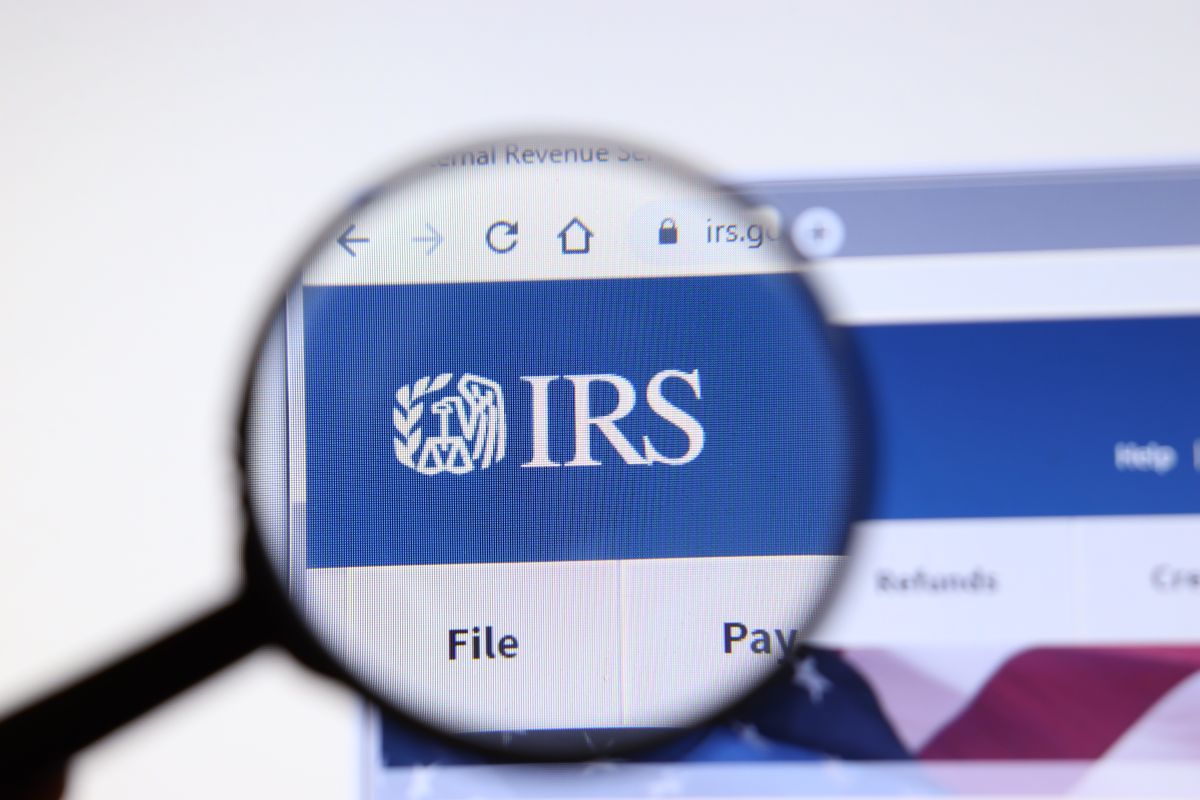The Internal Revenue Service (IRS) has called on everyone to develop an emergency preparedness plan or, if they already have one, update it by 2021 , as September is National Preparedness Month.
With the height of hurricane season fast approaching and the continued threat of wildfires in many places, the IRS reminds you that it’s best to be prepared and warned, therefore calls on individuals, organizations and companies to take the following measures:
– Secure and duplicate essential fiscal and financial documents.
– Create property lists.
– Know where to find information once a disaster strikes.
After a disaster, having updated documents and other information available can help victims apply for available relief from the IRS and other agencies.
The disaster assistance and emergency relief can help taxpayers and businesses financially recover from the impact of a disaster, especially when the federal government declares your location a major disaster area.
The IRS encourages taxpayers to save critical original documents inside waterproof containers in a secure space. These include tax returns, birth certificates, deeds, titles, insurance policies, and other equally important items.
In addition, he suggests asking a relative, friend, or other trusted person to keep duplicate copies of these documents in a location outside the potentially affected disaster area.
The tax agency notes that if original documents are available only on paper, try scanning them to a digital file format and saving them to a secure digital location, such as a cloud-based storage application.
The IRS reminds you that it is important maintain a detailed inventory of your property and business contents. Taxpayers can take photos or videos to record their possessions, but they must also write descriptions that include year, make, and model numbers, where applicable. After a disaster strikes, this type of documentation can help support insurance claims or tax benefits.
For employers, suggest using payroll service providers and verify if your provider has a fiduciary bond to protect the employer against a possible breach by the provider .
Reconstruction of records after a disaster may be required for tax purposes, to obtain federal assistance or insurance reimbursement. Most financial institutions can provide statements and documents electronically, an option that can help in the rebuilding process. For tips on rebuilding records, visit IRS Record Rebuilding.
After a federal disaster declaration, the IRS may postpone various tax filing and payment deadlines or provide other relief. For a list of localities that qualify for relief and details on available relief, visit the IRS Tax Relief in Disaster Situations webpage or Around the Nation on IRS.gov.
The IRS identifies taxpayers located in the covered disaster area and automatically applies filing and payment relief. This means that taxpayers whose IRS address of record is in the disaster area do not need to contact the IRS to obtain disaster tax relief.
In addition, many taxpayers who live outside the area of the disaster may also qualify for relief. This includes those assisting with disaster relief and taxpayers whose records needed to meet a postponed filing or payment deadline during the relief period are located in the disaster area. Eligible individuals and businesses located outside of the disaster area may apply for assistance by calling the IRS Disaster Hotline at 562-562-5227.
For more information about the National Month of Preparation, enter here.
You may also be interested in:
– IRS calls taxpayers who have not filed their tax return 2021 to take advantage of deductions and benefits to which they are entitled
– IRS announces exemption from penalties for certain tax returns of 2019 and 2020 due to the pandemic
– IRS announces increase in interest rates that will take effect as of October 1
